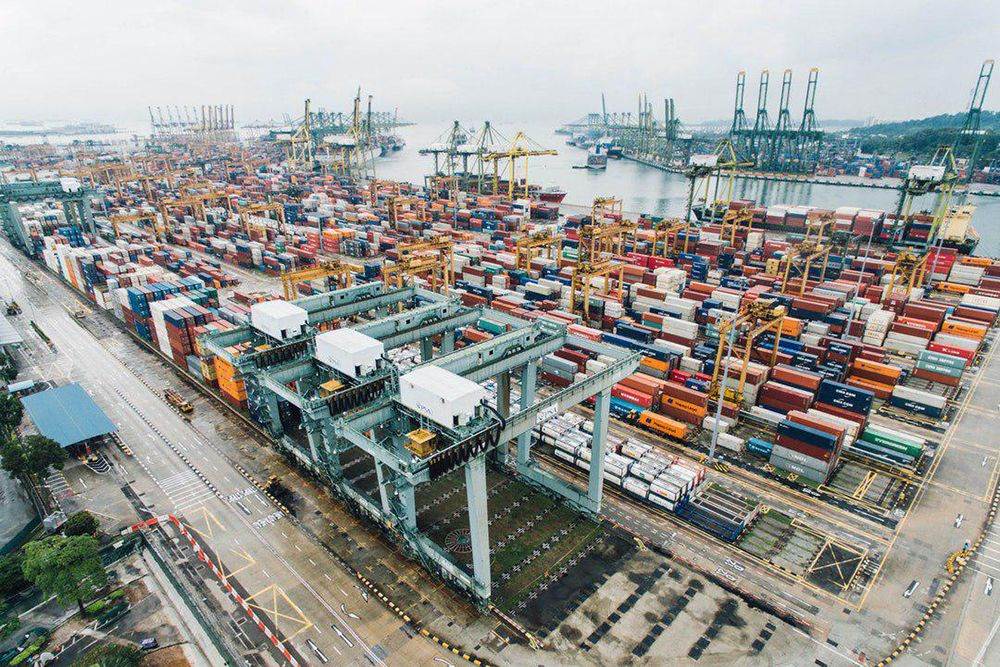
Reading Time: minutes
The United States and China are currently locked in a trade conflict, putting the Philippines in between the economic tension. In August, President Donald Trump announced that he will impose higher taxes or tariffs on Chinese imports. In turn, China is doing the same to US products.
Given the Philippines' longtime relations with US, the country now faces economic challenges as it transitions and tries to bolster its economic ties with China under the Duterte Administration. Reports said that Chinese investment in the Philippines has already increased by 10.3% under his term.
PH’s Position
President Duterte said in a recent speech his government is “deeply concerned” about the US-China trade war, which is "creating uncertainty and tension.” By contrast, Bangko Sentral ng Pilipinas Governor Ben Diokno said the Philippines and its economic growth is out of the picture.
Socioeconomic Planning Secretary Ernesto Pernia, however, expressed that this economic tension between two trading superpowers can positively impact the country. He said in a statement that the trade war may increase exports by 5 percent as the country becomes an alternative source of products and even a site for supply chains. Backed by the Build, Build, Build Program of the government, the Philippines is pegged to become “the workforce for the entire world,” Pernia said.
Despite the trade war, investment in the Philippines grew in the second quarter of 2018. Manufacturing received the most investment, followed by construction. A recent study by the Asian Development Bank has also found that ASEAN countries may expect boosted incomes and exports as a result of the trade war.
National Economic and Development Authority (NEDA) Undersecretary Rosemarie Edillon said that the full-blown trade war between the United States and China could cut Philippine economic growth by only 0.1 percentage point. Edillon noted that this might take full effect by December and through the next year by the manufacturing industry in particular.
“The good thing happening for us is that our economy is mostly domestically driven. So we really need to continue boosting domestic demand at the same time that we are building up competitiveness,” Edillon said.

